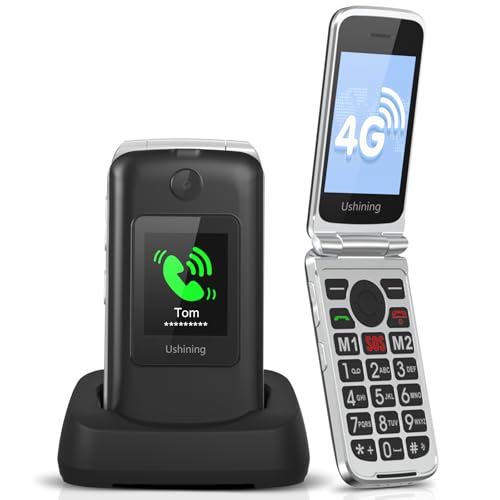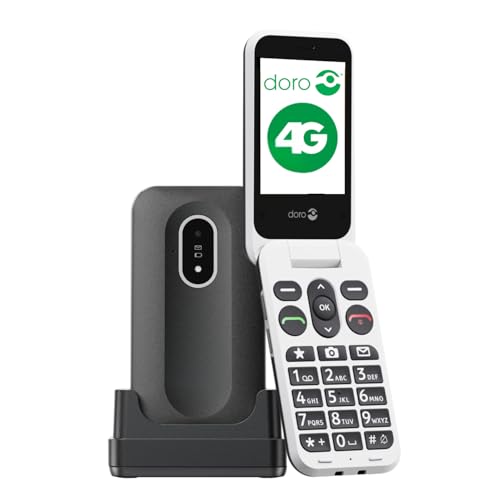Understanding the Needs of Seniors: What to Look for in a Mobile Phone
Recognising Essential Features
When selecting a mobile phone for seniors, we should focus on easy-to-use features that cater to daily needs. Most importantly, the phone should have a clear display with large text, making it easier for seniors to read messages and navigate menus. A device with straightforward navigation, where essential functions are easily accessible, can significantly enhance the user experience. Additionally, the phone should include emergency features, such as speed dial options for contacting family or emergency services quickly.
Prioritising Comfort and Accessibility
It’s essential to consider how comfortable a phone feels in hand. Seniors may prefer lighter models that are easy to grip and use without strain. Voice command capabilities can also be helpful, allowing users to make calls and send texts without needing to type. The layout of buttons, if applicable, should be spacious enough to prevent accidental presses, and the phone should ideally offer shake or press features to call for help.
Top Features that Make a Mobile Phone Senior-Friendly
Simplicity in Design
A phone with a user-friendly interface simplifies the experience. Larger icons, intuitive touch screens, and clear labels help seniors to find and access their favourite apps without confusion. Features such as a simplified home screen, where frequently used functions can reside, aid in reducing the time spent searching.
Robust Battery Life
Choosing a mobile phone with a long-lasting battery is crucial. Seniors may not always remember to charge their devices frequently, so a battery that can hold a charge for a day or more is beneficial. Some models offer battery-saving modes that are particularly useful, ensuring the phone lasts through the day with normal use.
Enhanced Hearing and Visual Features
Amplified sound quality is another vital feature, especially for seniors who may have hearing difficulties. Phones that support hearing aids or possess loudspeaker capabilities can significantly improve the calling experience. Furthermore, adjustable font sizes and high-contrast display settings can make reading texts and viewing images much easier.
Our Recommended Mobile Phones for Seniors: A Quick Overview
Smartphones with Accessibility Features
A smartphone equipped with accessibility software can support seniors in navigating their device more effortlessly. These phones often come with built-in tutorial applications which explain functions in detail. Brands like Apple and Samsung have larger screen models with intuitive operating systems that simplify daily tasks.
Basic Phones for Straightforward Use
For those who prefer simplicity over advanced features, models such as basic flip phones are ideal. These phones allow users to make calls and send texts without the distractions of apps and internet browsing. Their straightforward nature means seniors can benefit from essential mobile communication without unnecessary complications.
Comparing Price Points: Finding the Best Value for Your Budget
Setting a Budget
When we look at mobile phones, setting a realistic budget can help streamline the decision-making process. It’s important to remember that higher-priced models might offer features that improve usability for seniors significantly, whereas budget options may still provide basic, reliable functions.
Value vs Price
Finding the balance between value and price is key. While it may be tempting to purchase the cheapest option available, we should consider how much longer lasting value a slightly more expensive model might provide. Features that enhance usability and longevity can save money on replacements for devices that break or become unusable quickly.
User Reviews: Real Feedback from Other Seniors
Insights from the Community
Gaining insights from other seniors who have experienced different models can guide our purchasing decisions. User reviews often highlight the real-world applicability of features and usability. Positive feedback usually indicates that a phone meets the specific needs of seniors, while criticism can shine light on potential pitfalls.
Personal Stories and Recommendations
Reading personal stories about how a phone has improved a senior’s communication or engagement with family can be extremely helpful. Such testimonials can guide us about which devices truly deliver on their promises of being user-friendly and effective for older adults.














